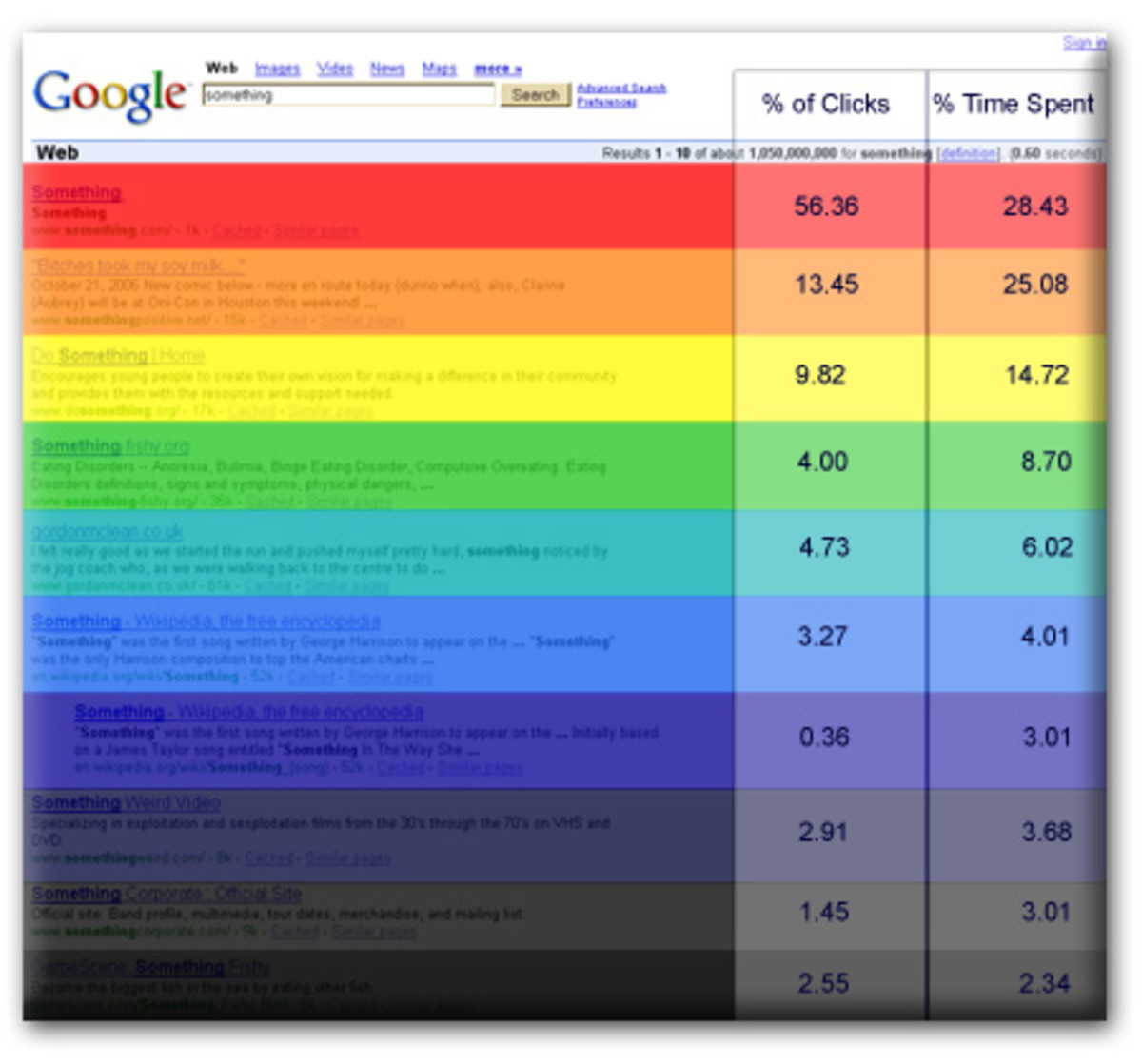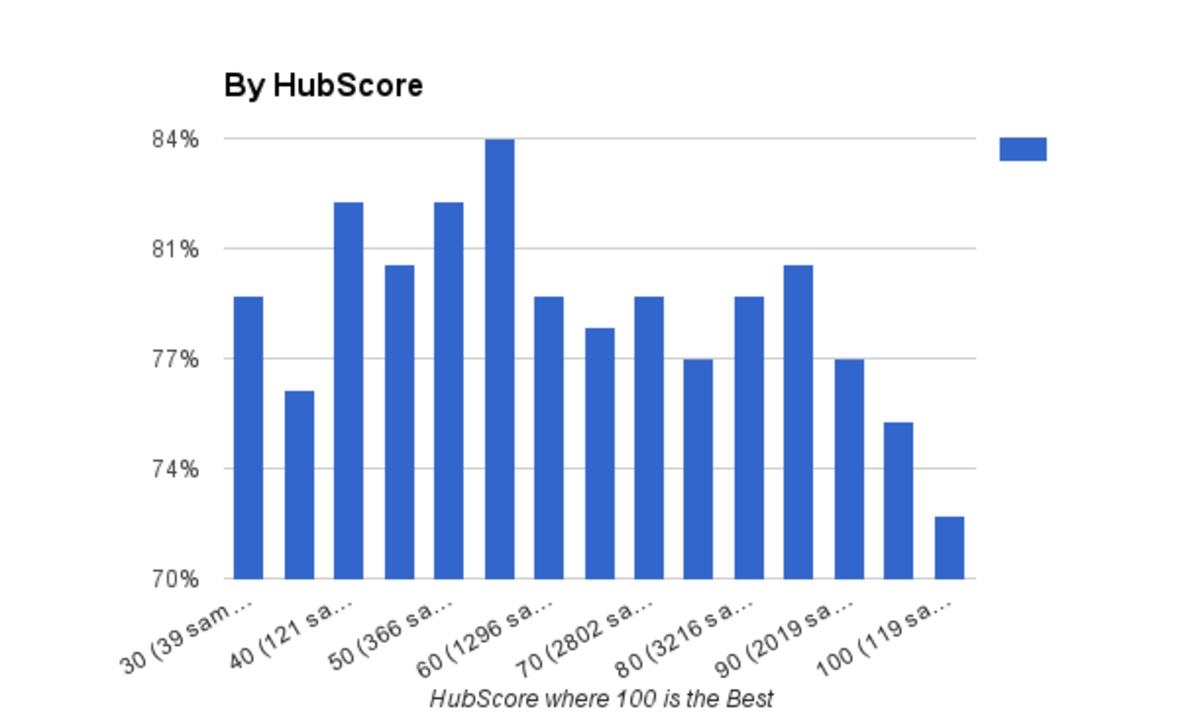- HubPages»
- Business and Employment»
- E-Commerce & How to Make Money Online»
- Search Engine Optimization
5 Important and Vital SEO Keyword Research Advice
Keyword research is one of the most vital part of any search engine optimization (SEO) activity and this is something that needs to be done with utter care. If you are not able to carry out a proper and effective keyword research, then you cannot expect your SEO activities to be a successful one. The importance of keyword research is held with high esteem by all the SEO professionals who are really serious about their SEO activities.
The keyword research part determines the list of keywords that are to be used in the SEO campaign for a particular website and for this the SEO professionals makes sure to select the most relevant keywords related to the website and it business objective. If your keyword research is not up to the mark, then your SEO campaign will consequently lose its glitter. On the other hand, if your keyword research is carried out in the right way, then you will really be going to enjoy fruitful results for your SEO campaigns and activities.
Based on various factors and priorities, 5 of the most important and vital SEO keyword research advice is given below, which is sure to bring a positive impact on your SEO activities. Remember that keyword research is not the sole element that determines the success of your SEO campaign, but it is the basic thing of all your SEO elements. So let us have a look at 5 useful advice for your keyword research activity.
1) Select and finalize the keywords you want to target
This is the most initial and important step as far as Keyword research in considered. First you need to research and select a handful of keywords that are relevant to your website and its objective. Once you have selected a handful of keywords, you can further filter the most relevant keywords and finalize that particular set of keywords for your search engine optimization activities.
2) Find your website’s current search engine rankings for the finalized set of keywords
Once you have finalized the keywords for optimizing your website, then it is recommended to take a search engine ranking report for your website using the finalized keyword list. This report will indeed serve as a benchmark report for measuring the progress of your SEO activities in the future. You can compare your future keyword ranking report with this benchmark report and find out the progress in a better and measurable way.
3) Find the most relevant pages on your website for the finalized keyword list.
You might probably have done the keyword research based on the various pages and sections on your website and hence once the keyword research part is complete, you need to find out the most relevant web pages on your website where your keywords can be optimized. You can create a list of the different pages and sections after which you can decide the keywords to be optimized for those sections.
4) Find out the keywords that do not have web pages or content.
Most of the times, after a good keyword research, one will come across the shortage of pages or content for a particular set of keywords. This is not an intentional error, but it happens due to the diverse and intensive keyword research. When you feel that there are a lot of keywords that do not have webpages, content or relevant sections, then you can recommend creating a new webpage, content or section that suits those orphan keywords.
5) Make sure the all the keywords are implemented on your website
Once all the above points are in place, you need to make sure that all the keywords are implemented on all the areas of the website. This is indeed known as onpage optimization and during this phase you need to make sure that none of the keywords in the finalized keyword list goes unused. Also make sure that the keywords are implemented on the website without harming its content and usability, as such things will really devalue your SEO activities.
The above 5 points are advices that are very well connected to each other and have proved very much useful in my personal experience. These are just some basic steps that gets ignored most of the times, but most of the times we have to pay for that. So make the basics of your keyword research right and enjoy a successful SEO campaign for your website.








